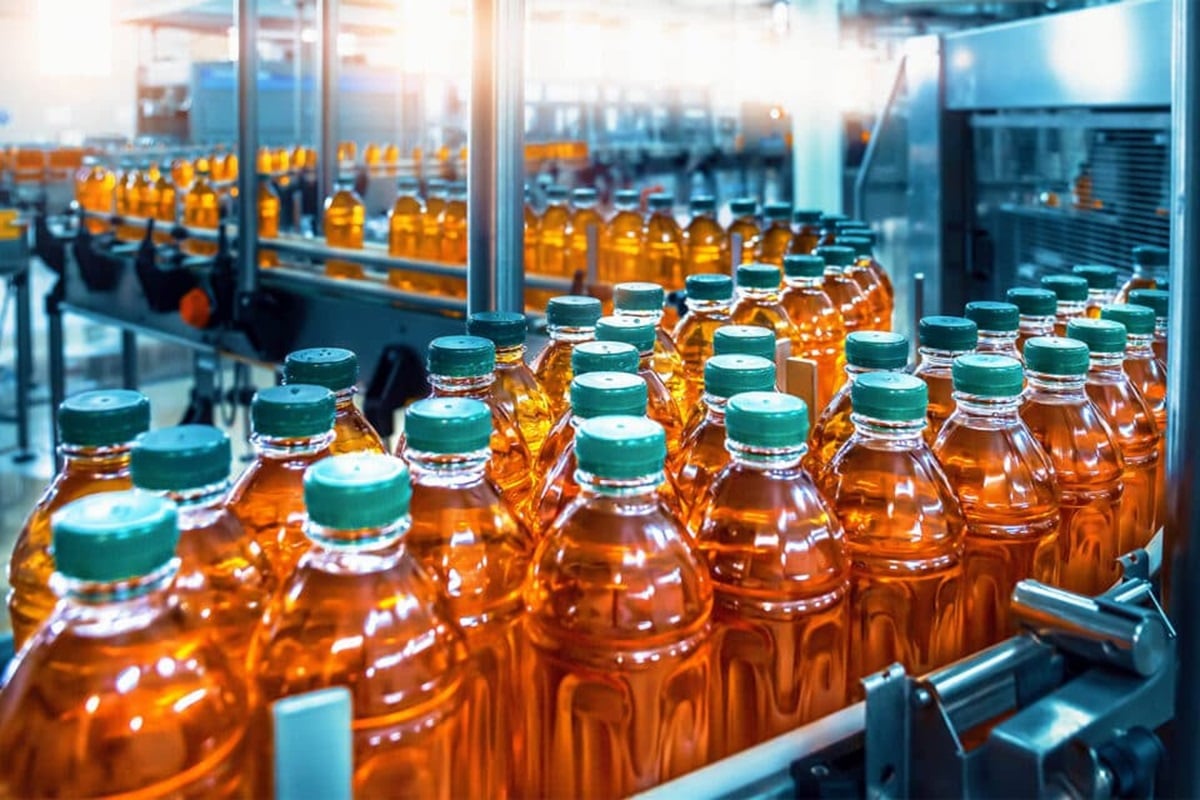Recent research shows that whenever plastic production increases by 1%, there is a matching 1% rise in plastic pollution in the environment. This study published in Science Advances which involved researchers from various countries including the United States, Australia, and the Philippines.

More than half of all branded plastic pollution can be traced back to 56 global companies, mainly in the food, beverage, and tobacco sectors. The Coca-Cola Company tops the list as the biggest polluter, followed by PepsiCo, Nestlé, and Danone.
The research gathered data from over 1,500 brand audits conducted in 84 countries over five years. These audits involved volunteers cleaning up waste and noting the brands found and it has offers insight into the impact of plastic production.
Plastic pollution is a global issue and it is affecting diverse regions and waste management systems. Reductions in plastic production, especially by fast-moving consumer goods companies could significantly decrease this pollution.
The findings come at a critical time and it is coinciding with discussions at the Global Plastics Treaty negotiations in Ottawa, Canada. This research may influence the adoption of legally binding provisions focusing on corporate responsibility and promoting sustainable practices.
Experts emphasize the importance of reducing plastic production and shifting towards durable and reusable products. They urge world leaders to consider the science behind the link between plastic production and pollution during treaty negotiations.
Major corporations are urged to reduce their plastic impact with calls for a Global Plastics Treaty mandating significant cuts in production. The blame for global plastic pollution often wrongly falls on poorer countries and it neglects the role of global companies in introducing single-use plastics.
Single-use packaging plays a significant role in branded plastic pollution, highlighting the need for data to address production and waste issues. Reducing plastic production requires a multifaceted approach involving regulations, support for sustainable alternatives, enhanced recycling programs, and corporate responsibility.
Leave a Reply